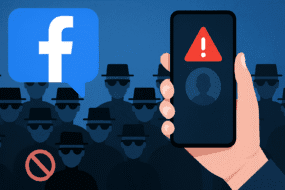An Indian employee recently stirred a viral discussion on Reddit by sharing how her professional rapport with her foreign boss soured after she updated her LinkedIn profile with the “Open to Work” banner.
According to the anonymous user, everything was cordial at work until her boss—referred to as “Firangi” in the post—noticed the update. Following this, she claims, her work environment became hostile. Her salary began arriving later than others’, her work was scrutinized heavily, and she faced frequent criticism for “lack of dedication.”
“Before this, I was his ‘sweetheart’. He trusted me with confidential tasks and internal updates,” the employee wrote. “But after noticing my LinkedIn change, he micromanages everything and accuses me of slacking just because I follow standard work hours.”
She also noted that her boss had already restructured the company twice in 13 months, shrinking the staff from 50 to just 7, and she had survived both layoffs. Despite this, she said she felt forced to keep him on her LinkedIn due to his habit of adding all employees on their first day.
The post has attracted widespread attention and mixed reactions from fellow professionals.
One Redditor advised:
“In LinkedIn settings, you can hide the ‘Open to Work’ banner from your current employer. Worth checking.”
Another commented:
“It’s a tough spot. Just continue doing your best until you get another offer. And avoid using public job-seeking banners—they sometimes do more harm than good.”
Some users suggested blocking problematic connections during a job hunt, while others emphasized setting the visibility of the banner to HR professionals only.
The incident has reignited debates about employee privacy on professional platforms and the real-world consequences of job-seeking transparency.




